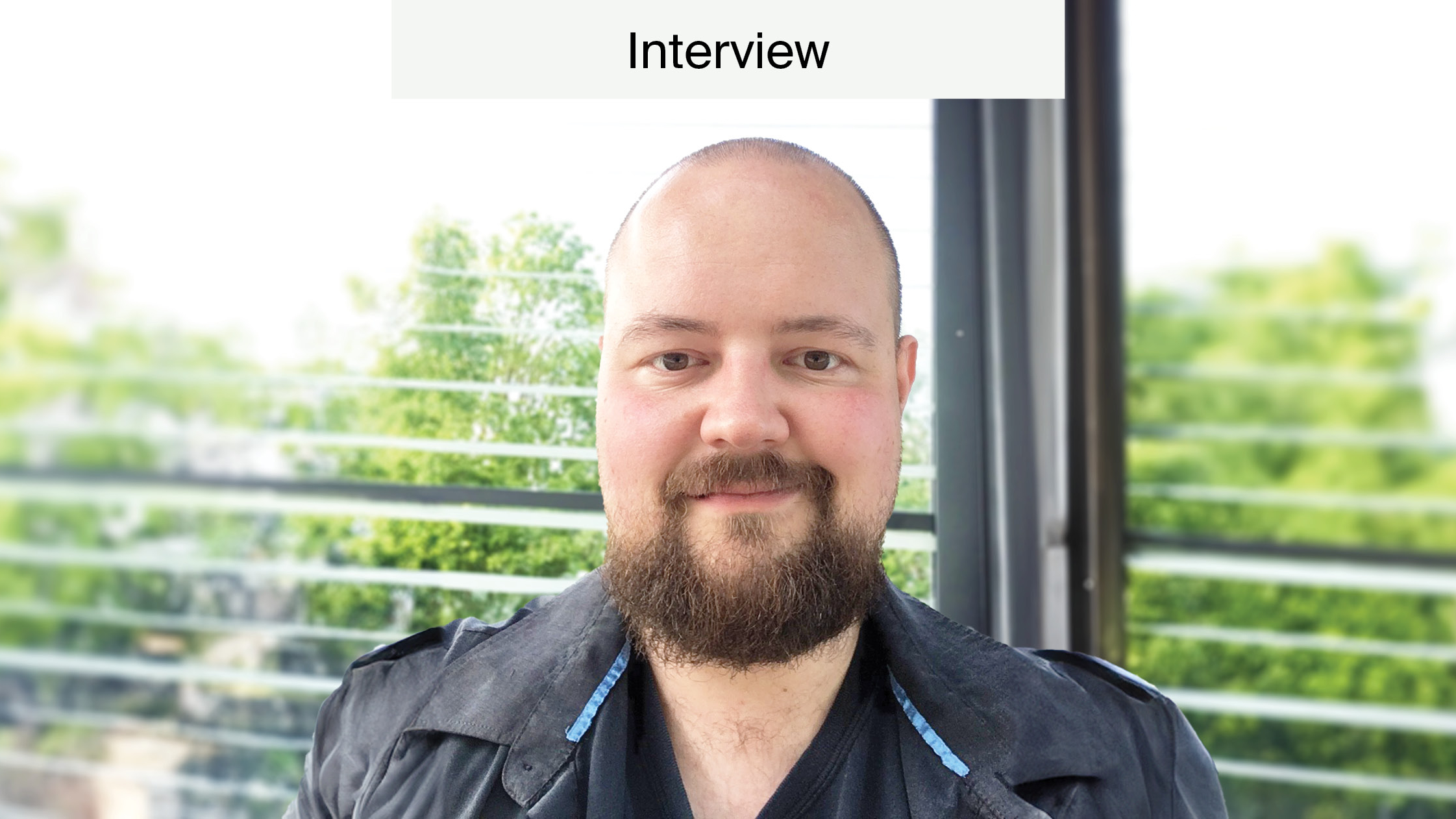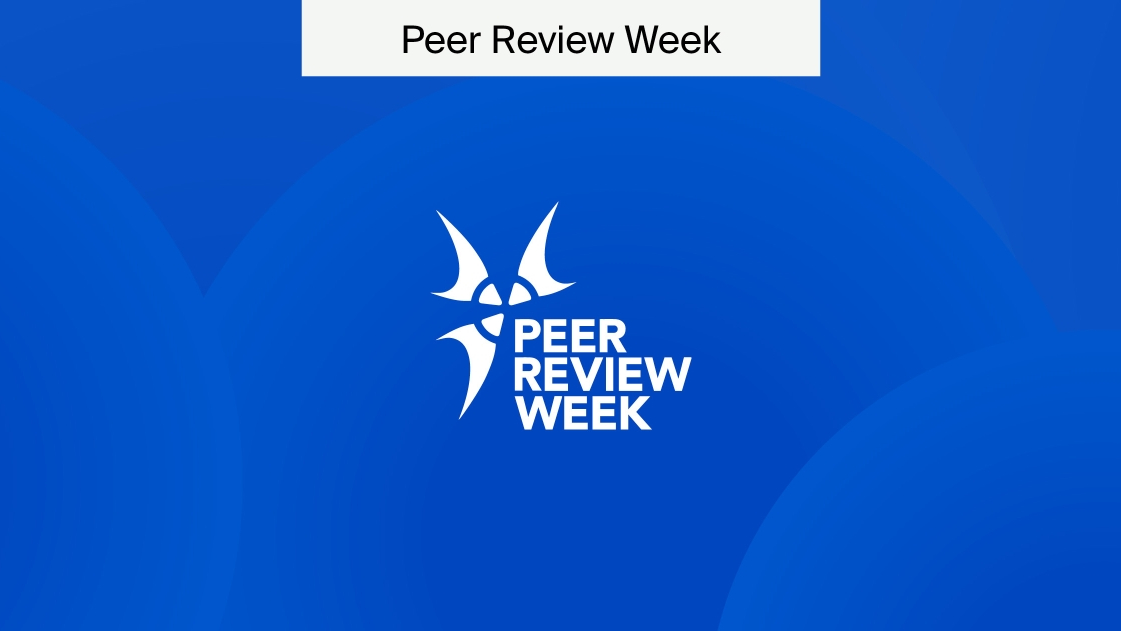
Insulin Resistance in the 2020s—Dr Amedeo Lonardo Interview
In this Dr. Amedeo Lonardo interview (Azienda Ospedaliero-Universitaria di Modena, Modena, Italy), we discuss his research topic of the future of insulin resistance and his experience of editing a topical collection. Lonardo collaborates with Metabolites as an editorial board member and also edits a topical collection entitled Insulin Resistance in the 2020s.
He is also a member of the Italian Association for the Study of the Liver (AISF) and has published 180 papers in peer-reviewed medical journals that have gained him an H index = 51 (Scopus; accessed November 2020).
Dr Amedeo Lonardo interview
Here, in this Dr Amedeo Lonardo interview, we discuss his work and experience editing a topical collection.
Please tell us a little bit about yourself
I was born in southern Italy, where I received my medical degree summa cum laude and specialized in Gastroenterology and Digestive Endoscopy. At the age of 31, I started working at a public hospital in Modena, northern Italy, after passing a selective examination. In Modena, I also became specialized in Pediatrics and Internal Medicine.
I have dedicated my whole career to the “Azienda Sanitaria” (Hospital Health Authority) in Modena, which is part of the Italian National Health System. I have covered different roles that have taken place anywhere from the Accident and Emergency Unit to the Gastronterology and Digestive Endoscopy Unit to Ultrasonography, and have also been Vice-Director of the ward of Internal Medicine. In 2017, I passed the national examination and was declared suitable for a position as Full Professor in Gastroenterology and Associate Professor in Internal Medicine at Italian universities. In 2019, I was appointed Director of the Medical Unit “Metabolic Syndrome”.
I am married to Jacqueline and I have two children, Luigi and Lucrezia, as well as a grandchild, Amedeo Juhani, who was born in March 2020.
As there are many types of liver diseases, why did you choose NAFLD as your research focus? What or who inspired you to specialize in this field?
My interest in Hepatology goes back to the latter years of my degree course in Medicine, in Naples. However, my interest in fatty liver syndromes began when I started working in Modena, owing to the abundance of cases with steatosis that I came across while performing ultrasonography. At that time, in Modena, there were other eminent hepatological groups that, being specifically interested in viral hepatitis and hemochromatosis, attracted patients with these types of liver disease. Therefore, I was left with quite large cohorts of patients with metabolic liver disease, which was, at that time, widely believed to be an almost unavoidable “tribute to local cuisine” rather than a true disease.
You recently published a review paper in Lancet, which provides guidance to clinicians and researchers in considering sex and gender as part of their approach for the diagnosis, prevention, and treatment of diseases. Why do you think this is an important topic?
In an era of personalized medicine, we seem to be pursuing sophisticated genetic analyses while neglecting the most clinically obvious genetic difference: that of man and woman. Our study has addressed how sex and gender (which are not synonyms, given that sex is a biological feature while gender describes a social construct) modulate the risk of the development, progression and response to treatment of the most common causes of death and debilitating conditions. These span from cardiovascular disease to infectious and metabolic disorders, cancer, psychiatric illnesses and diseases of the kidneys and of the liver.
What significant research has your team published recently?
I am honored to have recently published a short, though accurate, “History of NAFLD”. This was written with colleagues from Italy, Egypt and Saudi Arabia, some of the geographical areas known as the birthplaces of ancient medicine. Moreover, with regard to the important paper published in Lancet this year that you were alluding to before, I also took part in the NAFLD-MAFLD ongoing scientific debate. For this debate, I authored a commentary with a group of 15 eminent colleagues from Greece, Korea, the UK, Sweden, the USA, Italy, Austria, the Netherlands and Spain. I am very proud of having participated in these international collaborations.
Please introduce the scope of the topical collection “Insulin Resistance in the 2020’s”
Insulin resistance, i.e., impaired intracellular insulin signalling, may occur either in certain physiological states or in pathological conditions. Clinically, insulin resistance has protean manifestations, spanning from cardio-nephro-metabolic disorders to the end-stage failure of vital organs and certain cancer types. Owing to the burden that it poses for health systems, insulin resistance is extensively studied by both researchers and clinicians, as well as by drug manufacturers.
This topical collection aims to publish high-quality articles on insulin resistance, covering all areas of metabolic disorders that are deemed to be associated with insulin resistance.
What do you think is the significance of launching this Collection?
I expect that our initiative will, on the one hand, allow the dissemination of the most recent achievements and breakthroughs on the molecular pathogenesis and management of insulin resistance and, on the other hand, prompt recognition that seemingly unrelated cultural areas/medical disciplines are indeed strictly interconnected.
In your opinion, what do you think will be the biggest challenges with respect to NAFLD in the near future?
Further to lifestyle changes, we still have little to offer NAFLD patients in terms of effective and specific drug treatment to halt the progression of disease. There are various reasons for this failure to identify effective remedies. I strongly believe that the way forward will be to better define the diagnosis of NAFLD; the proposal to rename it “MAFLD” is undoubtedly a first step in the right direction.
How do you see Open Access developing in the “Insulin Resistance” field?
Much has been written about the pros and cons of Open Access publishing in general and these also apply in the arena of Insulin Resistance. Among the pros, the potential of Open Access to assist in the rapid dissemination of data and ideas globally is usually emphasized. Developing countries may possibly benefit most from such free dissemination. However, some researchers may sometimes be reluctant to pay excessive article publication charges. The potential for predatory publications is a risk and, in some cases, possible concerns may be raised regarding the scientific standards applied. In my final analysis, I am inclined to believe that the benefits may possibly outnumber the risks, provided that journals are professionally and ethically run and are based on strong editorial expertise in medical publishing.
What do you think is the most important quality for a medical researcher? Do you have any advice for today’s young researchers?
In addition to natural intellectual curiosity, the talents that make a difference are velocity in thinking outside the box; imagination; in-depth knowledge of different scientific disciplines and an ability to break down those barriers that often separate these; efficient organization of work; and a propensity to cultivating human relationships. Further important abilities also include clear writing and a brilliant rhetorical attitude. However, what I value most are intellectual and financial independence, ethical rigor and empathy in dealing with patients and colleagues.
Are there any new areas of research that you are looking to move into in the future?
As I become older, I think it is natural for me to leave the frontline job in research to younger colleagues. While allowing young researchers to produce data, I would like to reserve for myself the roles of Reviewer, Editorialist and Editor. That said, I am still fascinated by the multifaceted aspects of NAFLD/NASH pathogenesis. In clinical practice and in the research arena, identifying the most important contributors to the development and progression of disease in the individual patient may turn out to be key to the personalization of cures in the complex NAFLD field.
What do you want to say to Metabolites journal?
I cordially wish Metabolites great success and hope for the continued rise of the journal’s Impact Factor and its progression to the 1st quartile in scientific journal ranking.
Amedeo Lonardo interview and more
We are grateful for this Dr Amedeo Lonardo interview and for his vital work. If you want to learn more about the value of publishing health research in an Open Access format, see our article Achieving Health Equity with Open Access.
Related posts
2 Comments
Comments are closed.











Just wish to say your article is as astonishing. The clarity in your post is just excellent and i could assume you are an expert on this subject. Well with your permission allow me to grab your RSS feed to keep updated with forthcoming post. Thanks a million and please continue the rewarding work.
It is a fantastic interview. I have appreciated it. I have realised that the world have imminent scientists like Dr. Amedeo Lonardo. I strongly congratulate him for such impressionnant work.
I friendly thank WordPress.com through MDPI Blog for sending to me the integral interview.